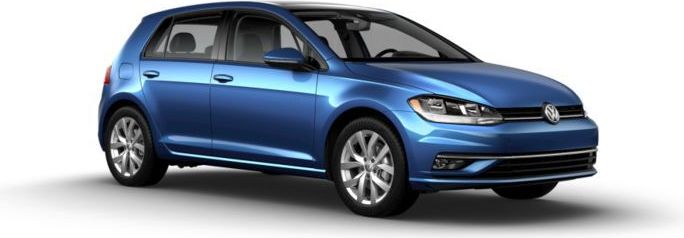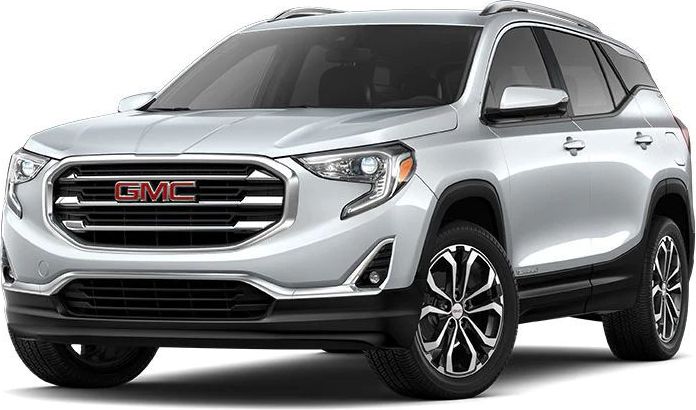
In the ever-evolving landscape of personal transportation, buying or leasing a car remains a pivotal choice for consumers. While leasing offers certain advantages, such as lower monthly payments as well as the allure of driving a new vehicle every few years, buying a car outright has its benefits that often outweigh those of leasing. This article delves into why purchasing a car can be financially sound and practical for many individuals.
Understanding the Basics: Buying vs. Leasing
Before we delve into the advantages of buying a car, it's crucial to understand the fundamental differences between buying and leasing. According to a reputable car dealer, you're making a long-term investment when you buy a car. You own the vehicle outright, and once you've paid off any loans, you can keep it for as long as you desire or sell it at any time. On the other hand, leasing involves renting a vehicle for a fixed period, typically two to four years. At the end of the lease term, you return the car to the dealership unless you purchase it outright or even enter into a new lease agreement.
Advantages of Buying a Car
- Ownership and Equity
One of the most significant advantages of buying a car is ownership. When you purchase a vehicle, you acquire an asset you can use as collateral or sell at any time. Over time, as you make payments, you build equity in the car. This equity can be leveraged for future purchases or as a trade-in value for your next vehicle. Unlike leasing, where you're essentially renting the car and have no ownership stake, buying provides a sense of ownership and control over your asset. Owning a vehicle allows you to make modifications and alterations according to your preferences, further enhancing the sense of ownership and personalization. - No Mileage Restrictions
Leasing agreements often have strict mileage limits ranging from 10,000 to 15,000 miles per year. Exceeding these limits usually results in hefty fees at the end of the lease term. When you buy a car, you can drive as much as you want, and that is without worrying about mileage restrictions. This flexibility is especially beneficial for individuals with long commutes or those who frequently enjoy road trips and travel. Without mileage restrictions, you can use your vehicle as much as needed for daily commuting and leisurely adventures, providing unparalleled freedom and convenience. - Customization and Personalization
When you own a car, you can customize and personalize it according to your preferences. Whether upgrading the stereo system, adding custom rims, or installing aftermarket accessories, buying allows you to tailor the vehicle to suit your style and needs. On the contrary, leasing contracts typically prohibit any modifications to the leased car, limiting your ability to personalize it to your liking. This level of customization fosters a deeper connection with your vehicle, reflecting your personality and enhancing the overall driving experience in a way that leasing simply cannot match. - Cost-Effective in the Long Run
While leasing may offer lower monthly payments upfront, buying a car can be more cost-effective in the long run. You pay for the vehicle's depreciation over the lease term, plus the interest and fees you need to settle when you lease. At the end of the lease, you have nothing to show for your payments except the option to rent again or purchase the vehicle at its residual value. In contrast, buying allows you to spread out the cost over a more extended period, and once you've paid off the loan, you own the car outright, eliminating monthly payments. Buying a vehicle provides the potential for significant savings over time, as you avoid the continuous cycle of lease payments and have the option to drive payment-free once the loan is fully paid off. - Freedom to Sell or trade in Anytime
When you buy a car, you can sell or trade it in at any time without any restrictions. Whether you want to upgrade to a newer model, downsize to a smaller vehicle, or switch to a different make or model altogether, you can do so. This freedom is particularly advantageous for individuals whose lifestyles or preferences may change over time and require a different type of vehicle. This flexibility ensures that your transportation needs can evolve seamlessly with your life circumstances, providing peace of mind and adaptability for the future.
Considerations When Buying a Car
While buying a car offers numerous advantages, there are some important considerations to keep in mind before making a purchase:
- Depreciation:
Cars are notorious for depreciating over time. When you drive a new car off the lot, it loses value. While buying allows you to have equity in the vehicle, it's essential to be mindful of depreciation and consider factors such as the make and model's resale value when making a purchase. Understanding the depreciation rates of different makes and models can help you make a better decision and mitigate potential financial losses in the long term. - Maintenance and Repairs:
As a car owner, you're responsible for all maintenance and repair costs. Unlike leasing, where the dealership typically covers routine maintenance and repairs under the warranty, buying requires you to budget for these expenses over the vehicle's life. It's essential to factor in ongoing maintenance costs when evaluating the overall cost of ownership. - Financing Options:
When buying a car, you can finance the purchase through a loan or pay it outright with cash. It's crucial to explore different financing options, compare interest rates, and consider factors such as the loan term and monthly payments to ensure that the financing arrangement aligns with your budget and financial goals.

While leasing may offer certain conveniences and lower monthly payments upfront, buying a car provides numerous advantages that outweigh leasing for many individuals. Ownership, equity, flexibility, and long-term cost-effectiveness are compelling reasons to consider buying a car instead of leasing. By weighing the pros and cons and considering your individual needs and preferences, you can make an informed decision that aligns with your financial goals and lifestyle. Ultimately, whether you buy or lease, the key is finding the transportation solution that best suits your needs and provides peace of mind on the road ahead.




